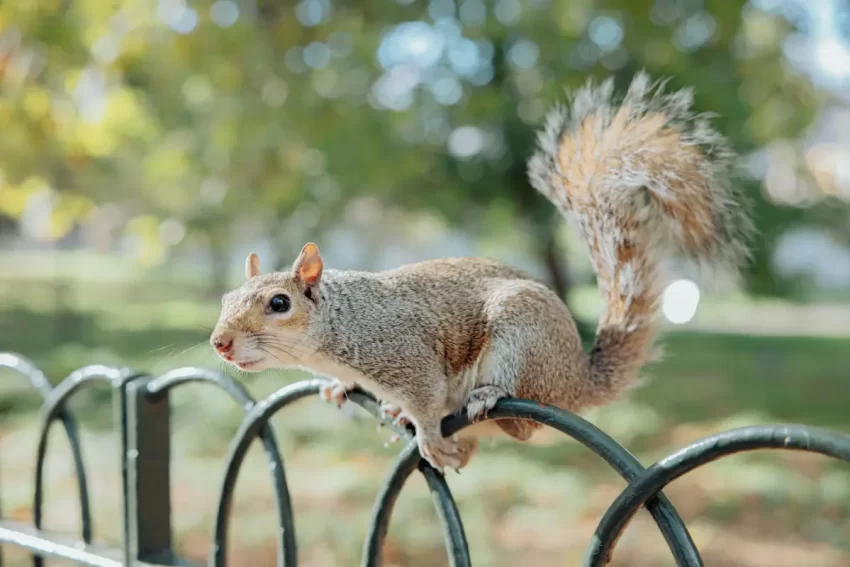Implementing industry best practices and regular home inspections can significantly reduce the likelihood of animals occupying your property. This proactive approach protects your investment, promotes a healthier environment, and prevents costly repairs.
Protecting your home from wildlife is crucial for safeguarding your family’s health and property, as they can cause structural damage and spread diseases. Adopting a strategic, holistic approach that combines vigilance, expert advice, and timely action is crucial. Homeowners who want confidence in lasting results can turn to professional wildlife exclusion in Brunswick County, NC, ensuring tailored solutions, ongoing monitoring, and thorough animal control throughout the exclusion process.
Common Entry Points for Wildlife
Understanding the vulnerabilities of your home to wildlife is crucial for effective defenses. Animals often seek out vulnerable spots for entry, safety, and access to food or nesting spaces. Squirrels, raccoons, bats, and birds can exploit gaps in roofing materials, windows, foundations, and chimneys. Cracks in windows and doors, cracked foundations, and unsecured grates attract critters, while chimneys lacking caps and open vents can harbor bats, nesting birds, or climbing mammals, leading to infestations and foul odors.
Sealing Entry Points
To prevent wildlife invasions, seal and fortify entry points using durable materials like steel mesh, hardware cloth, or metal flashing. Secure vents and chimneys with wire screens and chimney caps to prevent entry. Apply caulk or weatherstripping to gaps around doors, windows, attic hatches, or utility piping to block animal intrusion and improve energy efficiency. These measures ensure a long-lasting wildlife control strategy.
Installing Physical Barriers
Physical barriers and fencing are essential for protecting your home from wildlife. Barriers prevent animals from entering weak spots, while fencing helps manage populations of common pests. Vent screening, including heavy-duty mesh, ensures protected areas like the attic, crawl space, and dryer vents. Regular inspections are necessary to prevent rust or displacement.
Yard Maintenance
Maintaining a clean and organized yard enhances curb appeal and reduces wildlife access to your property. Trim vegetation, secure garbage, and remove debris to prevent predators from attracting animals. Invest in wildlife-resistant bins and avoid feeding pets or leaving birdseed overnight. Clear brush piles, firewood, and scattered waste to minimize sheltering opportunities for snakes, mice, rats, and insect colonies.
Regular Inspections and Maintenance
Regular property inspections and maintenance are crucial for a successful wildlife exclusion system. Despite initial setup, weather, animal activity, and material aging can create new risks. Regular inspections can help catch issues early, maintain barriers, and monitor the yard for changes in animal behavior. By implementing these techniques and partnering with professional wildlife exclusion, homeowners can protect their homes year-round, ensuring long-term peace of mind and a safer living environment.

